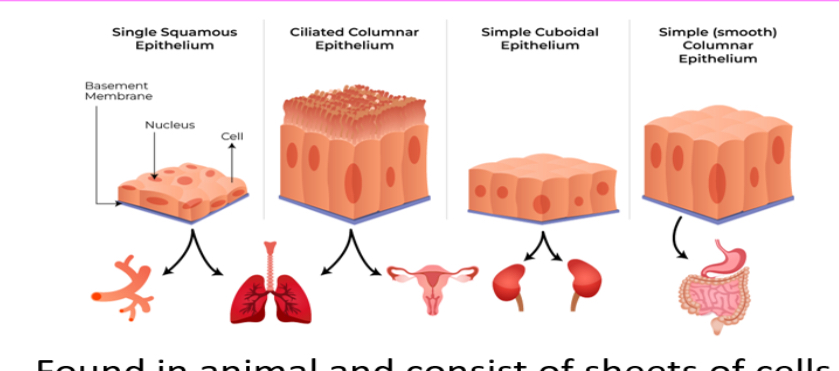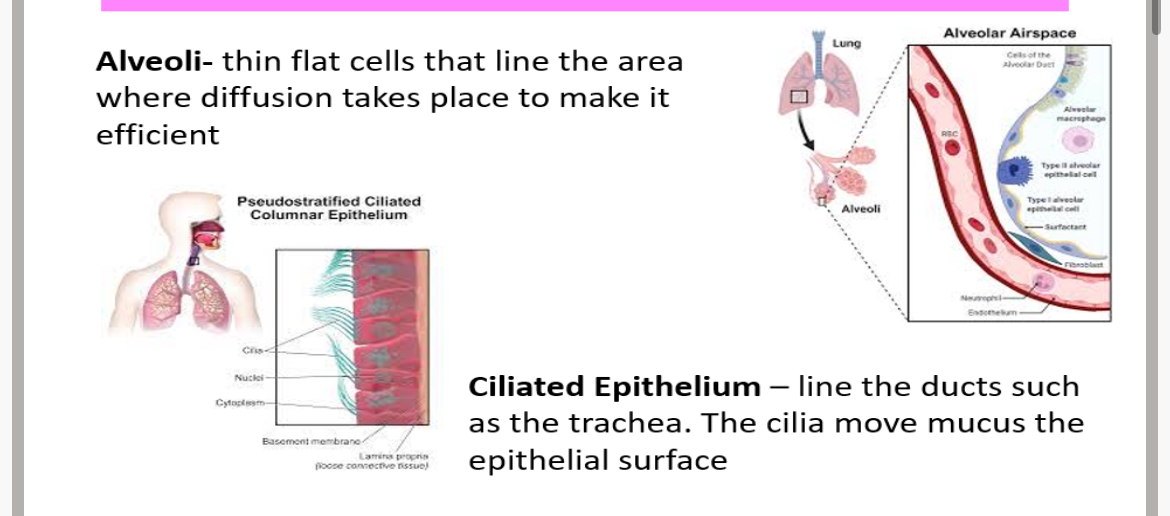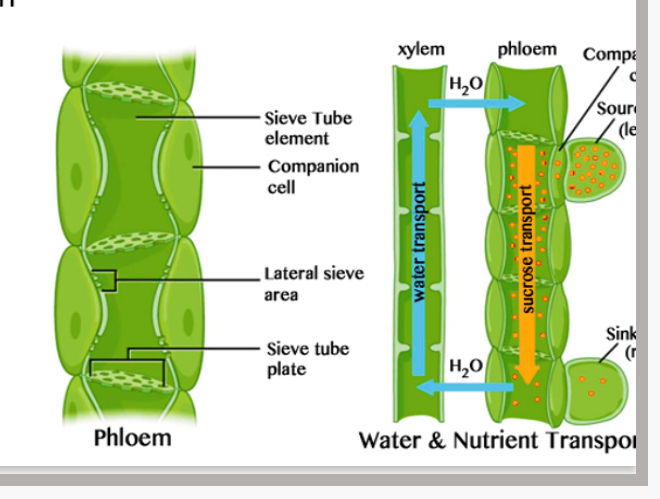L2-Cell specialisation and organisation
1/11
There's no tags or description
Looks like no tags are added yet.
Name | Mastery | Learn | Test | Matching | Spaced | Call with Kai |
|---|
No analytics yet
Send a link to your students to track their progress
12 Terms
Multicellular organisms are made up of specialised cells which perform specific functions.
What are the levels of organisation starting from smallest to largest?
Organelle→cell→tissue→organ→organ system→organism
Each specialised cell have evolved to have more or fewer of certain _1? and structures to suit the role it carries out.
All cells of an organism are produced by _2? divisions from the fertilised egg.They all contain the exact same _3?.
1.Organelles. 2.mitotic. 3.genes
How does the cell become specialised?
All cells in an embryo are identical in the early stages. Every cell contains the genes needed for it to develop into any cell type BUT only some of those genes are switched on (expressed) in each cell.
Different genes are switched on or off to enable the cell to become specialised as an embryo develops. This ensures each cell gains the characteristics that suit them for their final function
Name 2 different types of variation in cells?
Cell shape and numbers of each organelle
Cells are grouped(aggregated) together to ensure efficiency.
What is a tissue?
A collection of similar cells that perform a specific function

Epithelial tissue: Found in animals and consist of sheets of cells. They line the surfaces of _1? and often have a protective or _2? function
1.organs. 2.secretory


Give 2 examples of epithelial tissue and what they do?
What is the function of the xylem tissue in plants?
Alveoli:Thin flat cells that line the area where diffusion takes place to make it efficient.
Ciliated Epithelium - line the ducts such as the trachea. The cilia move mucus to the epithelial surface
It is made from a number of similar cell types. Used to transport water and mineral ions throughout the plant.

What is an organ?
In animals an example of an organ is the stomach which is made up of various tissue types. Name 3 and explain what they do?
A combination of tissues that perform a variety of functions.
Muscle - to churn and mix the content
Epithelium - to protect the wall and produce secretions
Connective - to hold together the tissue types
In plants, a leaf is an organ. Name all the tissues in a plant and their roles?
Palisade mesophyll - carries out photosynthesis
Spongy mesophyll - gaseous exchange
Epidermis - protection and gaseous diffusion
Phloem - transport organic materials away from the leaf
Xylem - transport water and ions into the leaf
Blood vessels:
Arteries and veins consist of many tissue types such as: Elastic and _1? Therefore, are classed as an _2?.
Capillaries consist of just one tissue type,Endothelium Therefore, are not _3?.
1.Endothelium
2.organ
3.organs
What is an organ system?
The digestive system digests and processes food.State the organs that the digestive system is made up of?
A group of organs working together as a single unit.
Salivary glands
Oesphagus
Stomach Duodenum
lleum
Pancreas
Liver
1.The respiratory system is used for breathing and gaseous exchange. It comprises of the following organs:
2.The circulatory system pumps and circulates blood. It comprises of the following organs:
3.Organ systems can be grouped together to perform specific functions more effectively, such as the respiratory and circulatory systems. Lungs take in _1?, which is transported by _2?, which returns carbon _3?
1.Trachea bronchi and lungs
2.heart arteries and veins
1.oxygen. 2.blood. 3.dioxide